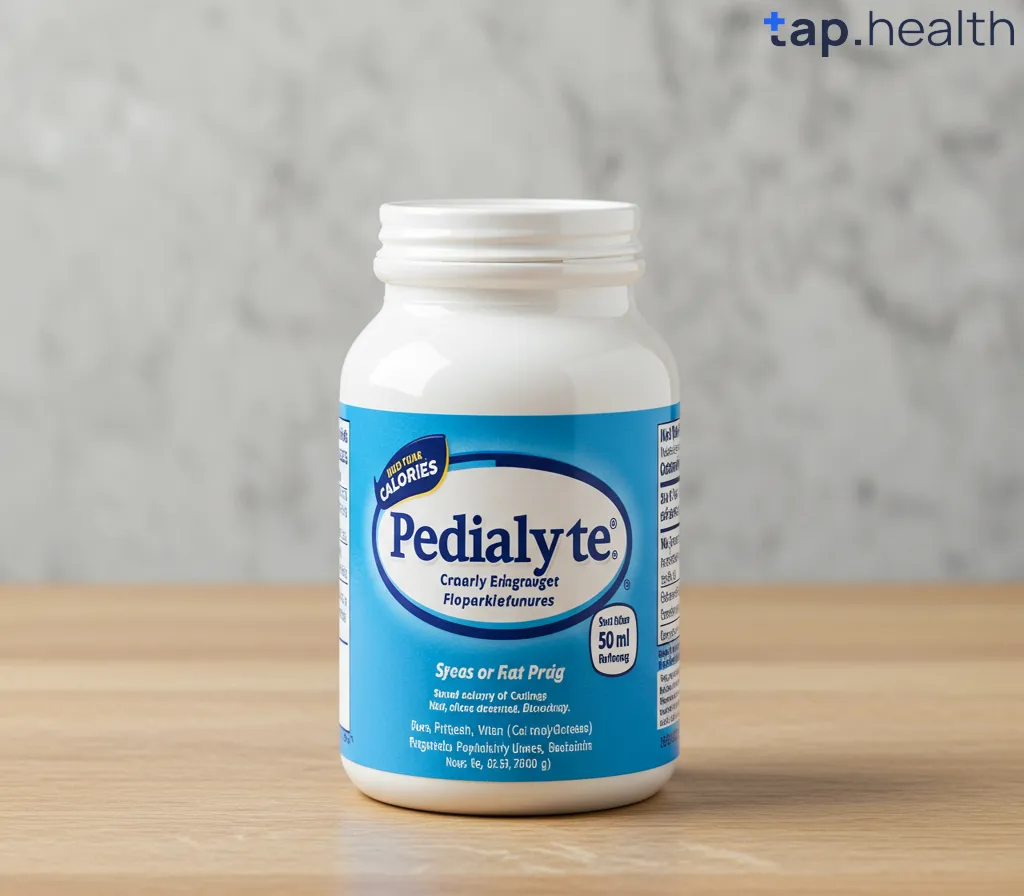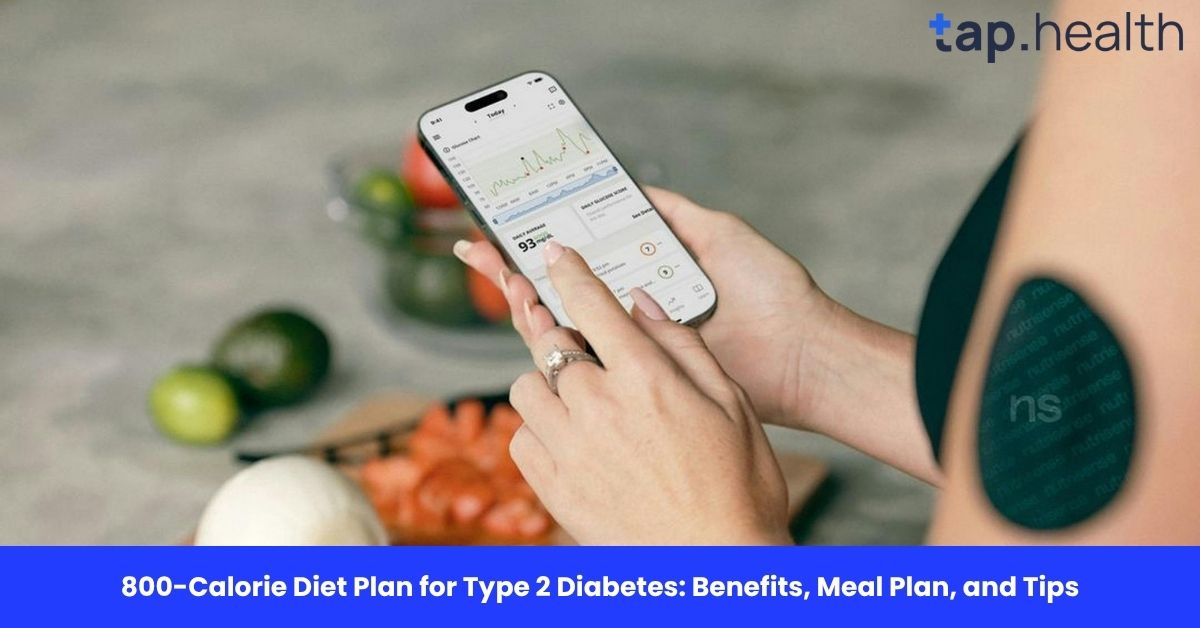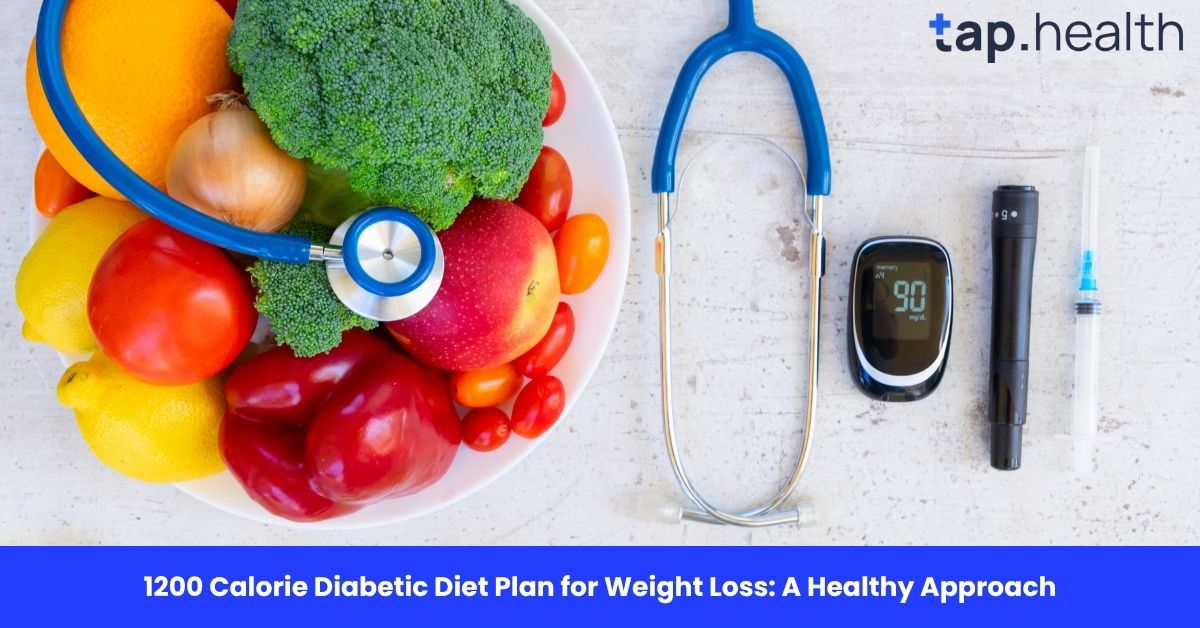When you’re feeling dehydrated, whether from illness, exercise, or heat, Pedialyte is often a go-to solution for rehydration. It’s marketed as an electrolyte drink designed to help quickly restore fluids and electrolytes, making it a popular choice for both children and adults. But if you’re watching your calorie intake or considering adding Pedialyte to your routine, you may wonder: How many calories are in Pedialyte?
In this post, we’ll take a closer look at the calorie content of Pedialyte, break down its nutritional value, and provide insights into how it can fit into your diet. Whether you’re recovering from an illness or looking for a hydration boost, understanding the calorie content of Pedialyte can help you make informed decisions.
What is Pedialyte?
Pedialyte is a hydration solution designed to replenish fluids and electrolytes that are lost during illness, exercise, or heat. It is commonly used for oral rehydration therapy (ORT), a treatment method that helps prevent dehydration caused by diarrhea, vomiting, or excessive sweating.
Key Features of Pedialyte:
- Electrolyte-Rich: Pedialyte contains electrolytes such as sodium, potassium, chloride, and citrate, which help maintain the balance of fluids in the body.
- Low Sugar: Compared to traditional sugary drinks, Pedialyte has less sugar and is designed to restore fluids without overwhelming your system with excess sugar.
- Available in Various Forms: Pedialyte comes in several forms, including ready-to-drink liquids, powders, and freezer pops. It also offers a variety of flavors to make it more palatable.
How Many Calories Are in Pedialyte?
The number of calories in Pedialyte can vary depending on the specific product and serving size. Let’s break down the calorie content for some of the most popular Pedialyte options.
Calories in Pedialyte Liquids (Ready-to-Drink)
For the ready-to-drink liquid Pedialyte, the typical calorie count per serving is:
- 1 Bottle (16 oz or 473 ml): 100 calories
Pedialyte’s liquid formula contains fewer calories than sugary sodas or sports drinks, making it a more suitable option for hydration without excessive calorie intake.
Calories in Pedialyte Powder (1 Serving)
The Pedialyte powder formula, when mixed with water, has the following calorie content:
- 1 Packet (to be mixed with 16 oz of water): 35 calories
Pedialyte powder offers the same electrolyte benefits as the ready-to-drink version but with a lower calorie count. This makes it a great option for those who want to control their fluid intake more precisely.
Calories in Pedialyte Freezer Pops (1 Pop)
Pedialyte also offers freezer pops that are easy to consume, especially for children:
- 1 Pedialyte Freezer Pop: 25 calories
These freezer pops offer a convenient and fun way to stay hydrated, with fewer calories compared to traditional frozen treats.
What Contributes to the Calories in Pedialyte?
The calories in Pedialyte primarily come from carbohydrates, specifically from sugars and glucose. Let’s break down the nutritional components that contribute to the calorie count:
1. Sugars
Pedialyte contains glucose and sometimes dextrose, both of which are simple sugars. These sugars are essential for replenishing energy and facilitating faster absorption of fluids and electrolytes into the body.
- Glucose: A simple sugar that plays a key role in helping the body absorb water and electrolytes.
- Dextrose: A form of glucose, dextrose helps hydrate the body quickly and provides some quick energy.
While Pedialyte contains sugars, it is formulated to provide a balanced ratio of electrolytes and fluids, unlike typical sugary drinks that can lead to blood sugar spikes and contribute to further dehydration.
2. Electrolytes
Pedialyte’s formula includes electrolytes such as sodium, potassium, and chloride, which are critical for proper hydration and maintaining fluid balance. Electrolytes don’t contribute directly to the calorie content, but they enhance the body’s ability to retain fluids, reducing the need for large volumes of liquid and ensuring more effective hydration.
3. Low Sugar Content
Pedialyte contains significantly less sugar than sugary sodas and fruit juices. While the 11-14 grams of sugar per 16 oz serving may seem high, it is much lower than that of regular sodas or energy drinks, which can contain 30-50 grams of sugar per serving.
Is Pedialyte High in Calories?
Compared to other beverages, Pedialyte is considered low in calories. Traditional sports drinks can have more than 100 calories per 12 oz serving, while sodas or fruit juices can contain upwards of 150 calories per serving. Pedialyte’s range of 25-100 calories per serving (depending on the form) makes it a healthier option for rehydration, especially when you’re looking to avoid unnecessary sugar and calorie intake.
Pedialyte vs. Other Hydration Drinks:
- Sports Drinks: A typical sports drink like Gatorade contains 80-150 calories per 12 oz serving, which is significantly higher than Pedialyte’s 35-100 calories.
- Fruit Juices: Fruit juices, like orange juice, often contain 110-150 calories per 8 oz serving.
- Water: Water has zero calories, but it doesn’t provide the same electrolyte balance that Pedialyte does.
While Pedialyte does contain some sugar, it is a low-calorie alternative to sugary beverages while offering important hydration and electrolyte benefits.
Is Pedialyte a Good Option for Weight Loss?
If you’re aiming for weight loss or monitoring your calorie intake, Pedialyte can be a good choice for staying hydrated. Its low-calorie count and electrolyte balance make it a healthier alternative to other sugary drinks, but there are a few things to keep in mind:
Pros of Pedialyte for Weight Loss:
- Low in Calories: With only 35 to 100 calories per serving, Pedialyte helps you stay hydrated without consuming excessive calories.
- Supports Hydration: Staying hydrated is essential for metabolism, and Pedialyte’s electrolyte-rich formula supports this.
- Fewer Sugars: Unlike sodas or fruit juices, Pedialyte has fewer sugars, which helps avoid spikes in blood sugar that can lead to fat storage.
Considerations:
- While Pedialyte is a great way to stay hydrated, it’s not a meal replacement, and using it frequently for hydration will still need to be paired with a healthy, balanced diet for effective weight loss.
- If you’re watching your sugar intake closely, you may want to use Pedialyte in moderation, as it does contain sugars that may not be ideal for some strict low-carb or keto diets.
How Can Pedialyte Be Incorporated Into Your Diet?
Pedialyte is designed for hydration purposes, and it can be easily incorporated into your daily routine when you need it. Here are some ways you can use Pedialyte effectively:
1. Post-Exercise Hydration
After a workout, you lose both fluids and electrolytes. Pedialyte can help you quickly restore hydration, which aids in muscle recovery and reduces the chances of cramping. Since it contains fewer calories than traditional sports drinks, it’s a good choice for those watching their calorie intake while still getting the hydration benefits.
2. During Illness
Pedialyte is often used to prevent or treat dehydration caused by illness, especially from vomiting or diarrhea. The electrolytes in Pedialyte help replenish lost minerals and fluids, helping you recover faster.
3. During Hot Weather or Physical Labor
If you’re working outdoors or in hot conditions, it’s easy to become dehydrated. Pedialyte offers a quick and efficient way to restore hydration and keep your energy levels stable.
FAQ: How Many Calories Are in Pedialyte?
1. How many calories are in a bottle of Pedialyte?
One bottle of Pedialyte (16 oz) contains about 100 calories.
2. How many calories are in Pedialyte powder?
Pedialyte powder, when mixed with 16 oz of water, contains approximately 35 calories per serving.
3. Are there any low-calorie versions of Pedialyte?
Yes, Pedialyte offers a variety of options, including Pedialyte AdvancedCare and Pedialyte Freezer Pops, with varying calorie counts. The freezer pops contain only 25 calories per pop.
4. Is Pedialyte good for weight loss?
Pedialyte can be a good option for weight loss, as it’s low in calories and helps replenish fluids and electrolytes without the excess sugar found in many other drinks.
5. Does Pedialyte contain a lot of sugar?
While Pedialyte does contain some sugar, it has significantly less than traditional sodas and sports drinks. A 16 oz serving contains about 11 grams of sugar.
Conclusion
Pedialyte is a low-calorie hydration solution that provides essential electrolytes and fluids without the excessive sugar content found in many other drinks. With only 35-100 calories per serving, it is an effective way to stay hydrated during illness, exercise, or hot weather without overloading on calories.
Whether you’re recovering from dehydration, working out, or just looking for a healthier hydration option, Pedialyte offers a balanced solution that fits well into a calorie-conscious diet. Always remember to consume it in moderation and pair it with a healthy, balanced diet for the best results.



